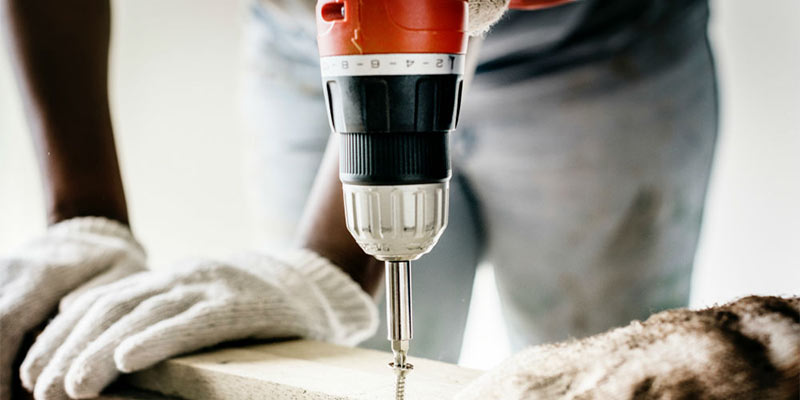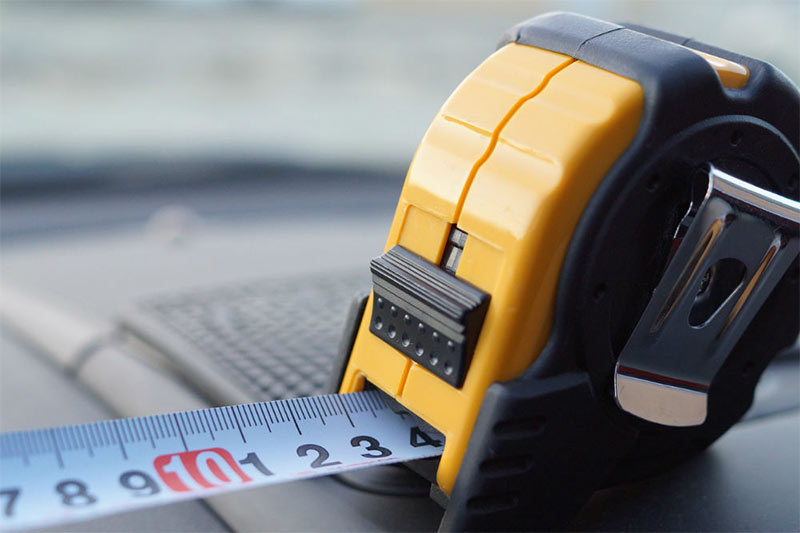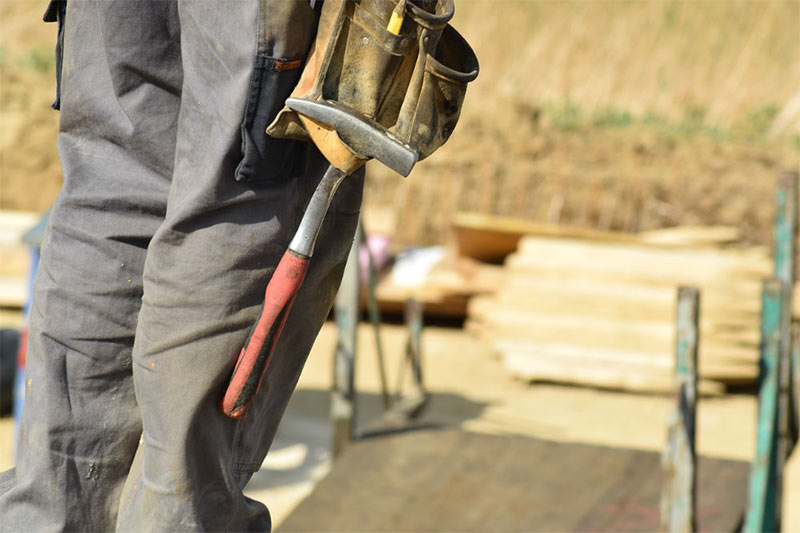
DIY is a natural part of homeownership. But if you want to do it properly then you need to have access to the right tools. That being said, here are ten vital DIY tools that every homeowner needs to own.
1. Tape measure
The old adage goes ‘measure twice, cut once’ and you’re going to need a tape measure if you’re going to do that! When you’re carrying out virtually any kind of DIY task you are likely to need a tape measure – from putting up shelves to laying flooring. Getting the dimensions wrong can waste a lot of time and energy.
2. Screwdrivers
Every homeowner needs a Phillips screwdriver (with a star-pointed head) as the majority of modern screws require this sort of head. This means that it will come in useful for everything from repairing furniture and lifting floorboards to opening up your laptop’s case. Other screwdrivers such as a flatheads are not so commonly required but still have a range of uses, especially if you are working on older properties.
One of the most useful products is a multi-head screwdriver. A single product with multiple attachments to make it suitable for any job.
3. Claw hammer
Next on the list is a claw hammer. Of course, you might use a claw hammer for tapping in nails and pulling them out, but this actually a far more versatile tool that you imagine. Strong and sturdy, you can use your claw hammer as a useful replacement for a crowbar or getting the right angle to lift up heavy objects.
4. Allen key set
Another must-have in your toolbox is a set of Allen keys (also known as hex keys). If you have ever had to assemble flatpack furniture then you will know how invaluable these keys are. They come in extremely useful if you want to put new furniture together or take anything apart. And having a set is vital as there are many different shapes and sizes rather than a standard.
5. Ladders
Having the right ladder for the job is crucial if you are carrying out any work at height. Many homeowners will have one ladder that they use for many tasks, but this can actually create a problem where they will always use this ladder even if it is not suitable for the job. If you are going to work out height and find that your ladder is not appropriate (for example, if it is too small) do not use it in a way that puts you in danger, such as standing rungs that are too high.
6. Extension lead
An extension lead will always come in useful for DIY. You may often find that if you are using a power-tool, it is required just a little too far away from the socket to use it. Additionally, you must remember that if you are carrying out tasks outdoors it is important to opt for a weather-proof extension lead that is suitable for exterior use.
7. Utility knife
A utility knife is another tool that will come in hand on virtually any DIY project you take on. From tiny jobs repairing furniture to fitting a new kitchen, you will find a use for a sharp utility knife. And remember that it comes is useful for things as simple as opening boxes – so don’t be surprised if your knife stays constantly at the top of your toolbox.
8. Power drill
You might be surprised at just how often a screwdriver won’t get the job done. Driving screws into hardwood is challenging enough, while walls would be virtually impossible without an appropriate power drill. Drills are also essential in many cases when you need to remove screws, especially those that have been in place for a very long time.
9. Pliers
Pliers are another simple staple for any toolbox, ideal for whenever you need some extra grip to bend and shape metal or wires. You will be surprised about just how often they come in handy.
10. Miscellaneous tin
Finally, it’s worth keeping a tin with all the miscellaneous screws and clips that you use while carrying out DIY. For example, if you’re dismantling an old kitchen before putting in a new one, keep all the screws as you disassemble the kitchen. Even if you don’t need them now, they will come in useful on other projects and DIY jobs around the house.


